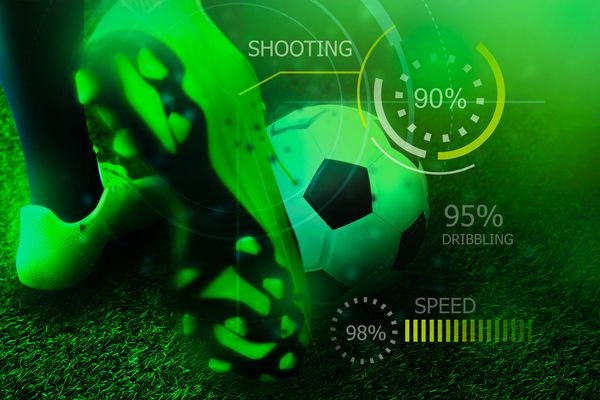
Information gathering: the key to success for modern goalkeepers
Amine El Assouri, Keeper In Motion
In the world of soccer, the role of the goalkeeper extends far beyond simply defending the goal. The importance of strategic information gathering by goalkeepers is more prevalent than you might think. By focusing on this often underestimated tactical dimension, discover the profound impact a goalkeeper can have on the dynamics and performance of his team.
The goalkeeper’s art of information gathering
Information gathering is a key element in the goalkeeper’s role. Ideally placed to monitor the entire pitch, goalkeepers must constantly assess the game situation, anticipate the movements of opposing players and recognize attacking patterns. This active surveillance enables them to make informed decisions, whether it’s about positioning the defense or choosing the best moment to intervene. The ability to collect and analyze this information quickly is essential to maintaining the team’s defensive balance and preventing dangerous situations.
The goalkeeper’s role in communication and leadership
The goalkeeper’s role in communication is paramount. As the only player with a complete view of the pitch, the goalkeeper must effectively pass on the information he gathers to his team-mates. Hence the importance of information gathering. With this information, the goalkeeper can adapt his speech. This communication will help the team adapt to opposing strategies, reposition the defense and organize counter-attacks. A goalkeeper who communicates well according to his information intake strengthens team cohesion and plays a crucial role in maintaining tactical organization on the pitch.
The key to goalkeeper reactivity
In modern soccer, the keeper’s reactivity and adaptability are essential. With the need for anticipatory information gathering, goalkeepers must analyze the game quickly and adjust their positioning accordingly. This ability to react promptly to opposing tactics and strategies is crucial. The key lies in rapid decision-making and sharp mental agility, enabling the goalkeeper to communicate effectively with his defense and adapt to changing phases of the game. A goalkeeper with this reactivity, based on early analysis, becomes a strategic pillar, directly influencing his team’s success on the pitch.
Conclusion: good mental and physical preparation for goalkeepers optimizes their performance
Mental and physical preparation is an essential foundation for goalkeepers. Specific training focused on reactivity, endurance and flexibility, combined with the development of mental skills such as concentration, resilience and stress management, is crucial. A physically and mentally well-prepared goalkeeper not only makes spectacular saves, but also excels as an informer and strategic leader, positively influencing team dynamics.
